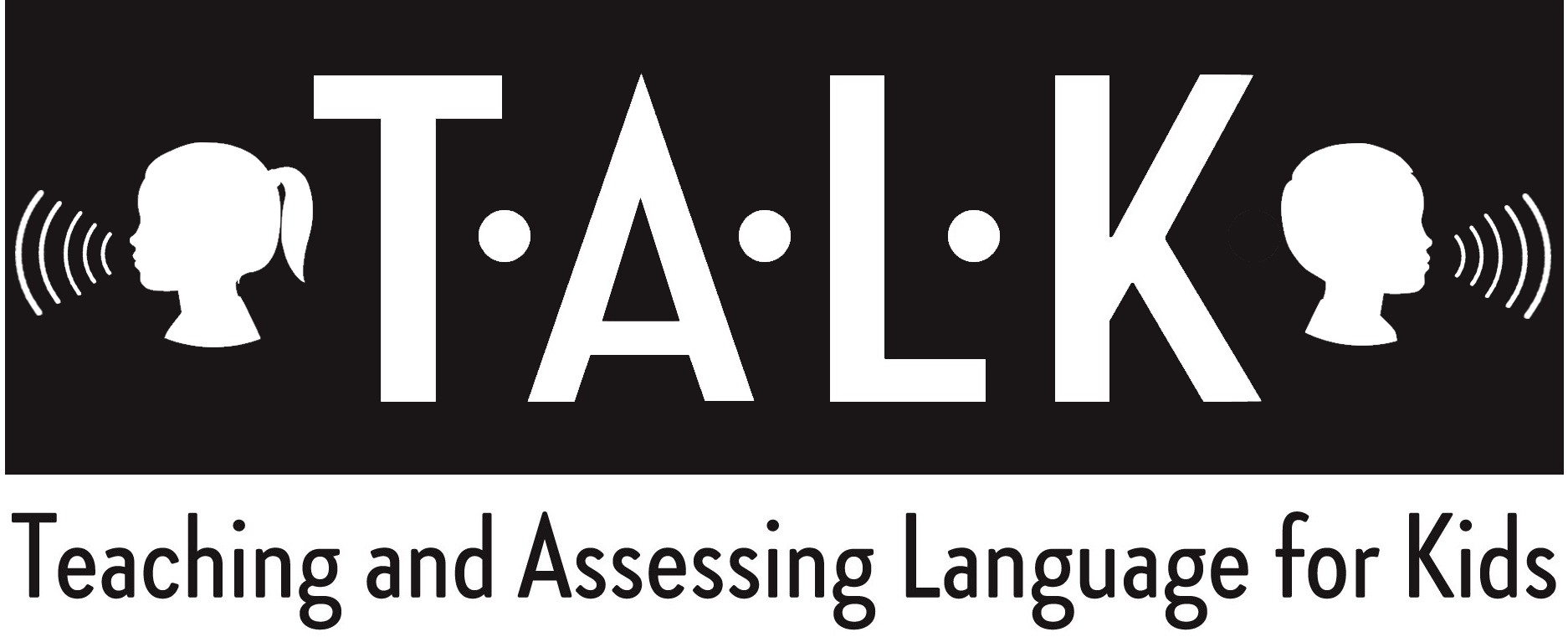5 Ways to Support Autism Awareness
This month, the world celebrates Autism Awareness Day! The month is dedicated to highlighting and providing opportunities to increase understanding and acceptance of autistic individuals or people with Autism*, as well as inclusion. At TALK, our team works with a variety of individuals, of all ages, and across the spectrum to support their communication, participate in their communities, and achieve the highest possible quality of life while helping others understand the additional challenges they face.
Autism Spectrum Disorder (ASD) is a range of neurodevelopmental disorders that involves delays of certain skills and functions, and can appear differently in each person. Autism is not a single disorder. Individuals fall on the spectrum in different ways having different kinds of skills, abilities and characteristics, but they all share general challenges. Individuals with Autism Spectrum Disorder have difficulties in communication, social interaction, and patterns of behavior. Some examples include challenges with eye contact, facial expression, understanding other’s feelings, reciprocity, humor, flexibility, expressive language delay, etc. Additionally, some autistic individuals may have some sensory issues – they may react differently to touch or sounds and managing touch, textures and certain noises at various volume levels.
Here are some ways you can support families of individuals with ASD and show support:
· Join an Autism walk to demonstrate support and awareness
· Be an advocate – speak up and show your support of Autism inclusion
· Donate to Autism research or other credible organizations
· Listening to parents and families of those that have a family member with ASD and autistic individuals themselves
· Educate yourself about Autism Spectrum Disorder
Speech, language and social communication therapy assists individuals with ASD to address challenges with language by teaching verbal, nonverbal and social communication. TALK helps individuals communicate in more useful and functional ways, learn to self advocate, and access strategies. By seeing the whole person and their strengths and challenges across all areas we are able to provide better treatment. We believe that that everyone is unique and brings their own set of gifts to the world, and that everyone deserves a bright future.
*This blog uses both person first (“person with autism”) as well as identity first (“autistic person”) language. This choice of language will be addressed in a separate post.
